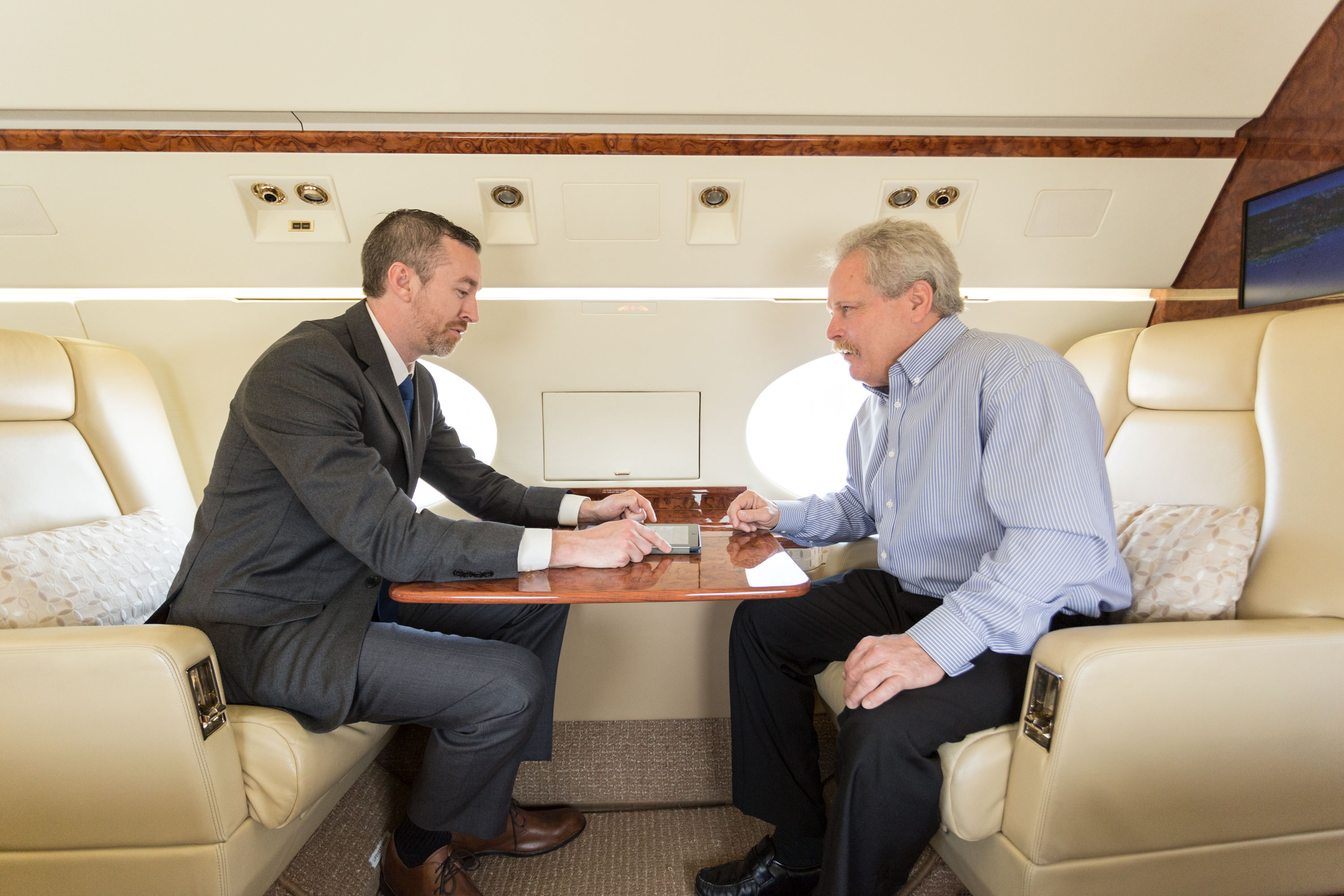
Feb. 6, 2014
An inevitable effect of the increasingly global nature of the business aviation marketplace is the opportunity to purchase an aircraft from outside of the United States. Domestic aircraft transactions can be complicated enough, but obtaining an FAA airworthiness certificate, ensuring a clean title and paying any applicable customs duties are just a few difficulties unique to importing an aircraft.
James Meyer, a partner at Miami-based Harper Meyer Perez Hagen O’Connor Albert & Dribin, LLP, and a member of the NBAA Tax Committee, specializes in aircraft transactions and strongly urges buyers to carefully plan the aircraft importation process and assemble a team of experts.
“We use a team approach when working with a client who plans to import an aircraft,” he said. “We hire a designated airworthiness representative (DAR), a customs broker and even legal counsel in the sale aircraft’s current state of registration.”
Aircraft buyers should plan early in the buying process for required inspections to obtain an airworthiness certificate in the U.S. Not only is this process time consuming, but it can be very expensive.
“Purchase agreements need to address these issues up front – who pays for the inspections? Aircraft buyers can be surprised by a big bill for bringing an aircraft up to speed with FAA requirements if the purchase agreement isn’t clear on these details,” said Meyer.
An experienced DAR and customs broker can make the importing process easier for buyers. A DAR is an individual appointed by the FAA to perform examination, inspection and testing services necessary to issue airworthiness certificates on the FAA’s behalf. A customs broker can help the aircraft buyer determine and pay any applicable duties.
Meyer recommends local legal counsel because each country has its own requirements regarding extinguishing liens and aircraft de-registration.
“Aircraft buyers may take some comfort when dealing with an aircraft registered in a state which participates in the Cape Town International Registry, but it is still prudent to work with local counsel to ensure liens are properly released and the aircraft has a clean title,” said Meyer.
Once the aircraft has been de-registered, an airworthiness certificate for exportation is typically issued. However, Meyer cautions, not all transactions will involve an airworthiness certificate for exportation as there is no uniform standard for issuing such a certificate.
The importation process can be complicated and the details vary depending on the country from where the aircraft originates. NBAA recommends Member Companies considering importing an aircraft consult with aircraft transactions and importing experts to avoid unwelcome surprises.
The topic is also frequently discussed at NBAA events such as the Tax, Regulatory & Risk Management Conference and the annual Business Aviation Convention & Exhibition.


 International Business Aviation Council Ltd.
International Business Aviation Council Ltd.